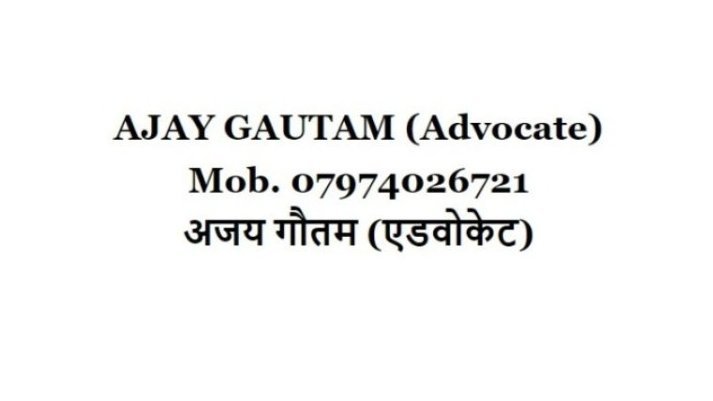Which case struck down NJAC Act as unconstitutional?
The NJAC Act (National Judicial Appointments Commission Act) was struck down as unconstitutional in:
Supreme Court Advocates-on-Record Association (SCAORA) v. Union of India (2015)
(Also known as the Fourth Judges Case)
The Supreme Court held that the NJAC violated the independence of the judiciary, which is a part of the Basic Structure of the Constitution.
The National Judicial Appointments Commission (NJAC) Act and the 99th Constitutional Amendment were struck down as unconstitutional by the Supreme Court of India in the case of Supreme Court Advocates-on-Record Association v. Union of India (2015). The Supreme Court, in a 4:1 majority judgment delivered by a Constitution Bench headed by Justice J.S. Khehar on October 16, 2015, declared the NJAC Act and the Constitutional Amendment unconstitutional and void as they were found to violate the basic structure of the Constitution, particularly the independence of the judiciary.
The Court restored the collegium system of judicial appointments, ruling that the NJAC diluted judicial independence by giving the executive undue influence in the appointment of judges. The majority held that this jeopardized the primacy of the judiciary in judicial appointments and feared potential “reciprocity” of favors between the government and judiciary, which could have disastrous consequences for judicial independence.
Justice Khehar’s judgment emphasized that the NJAC threatened the separation of powers and the impartiality of the judiciary, especially since the government is a major litigant in higher courts. This landmark verdict reaffirmed the supremacy of the collegium system—where judges appoint judges—over the NJAC mechanism that sought to include politicians and civil society in the appointment process.
Thus, the case known as Supreme Court Advocates-on-Record Association v. Union of India (2015) famously struck down the NJAC Act as unconstitutional.
